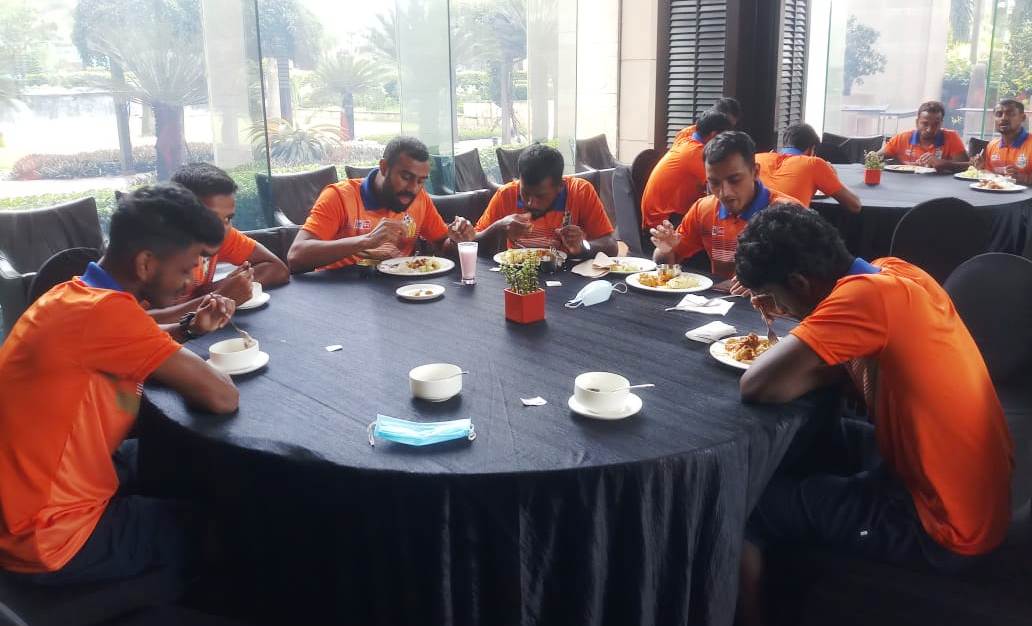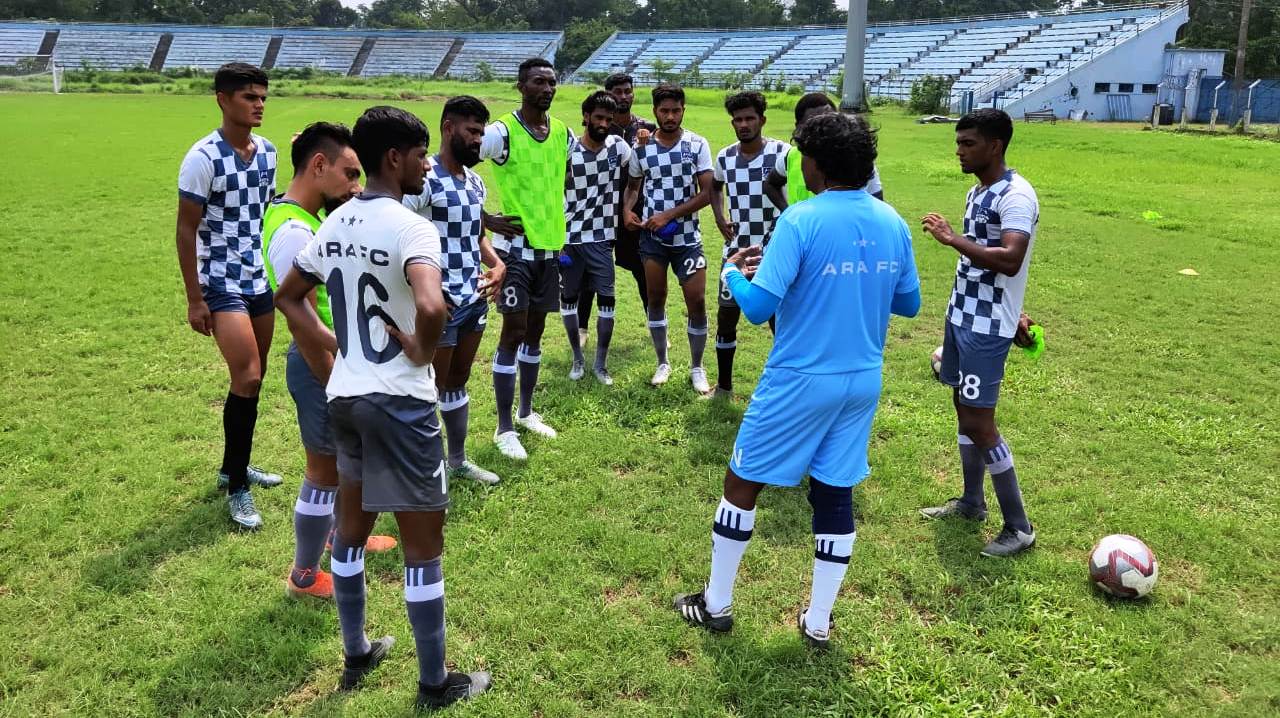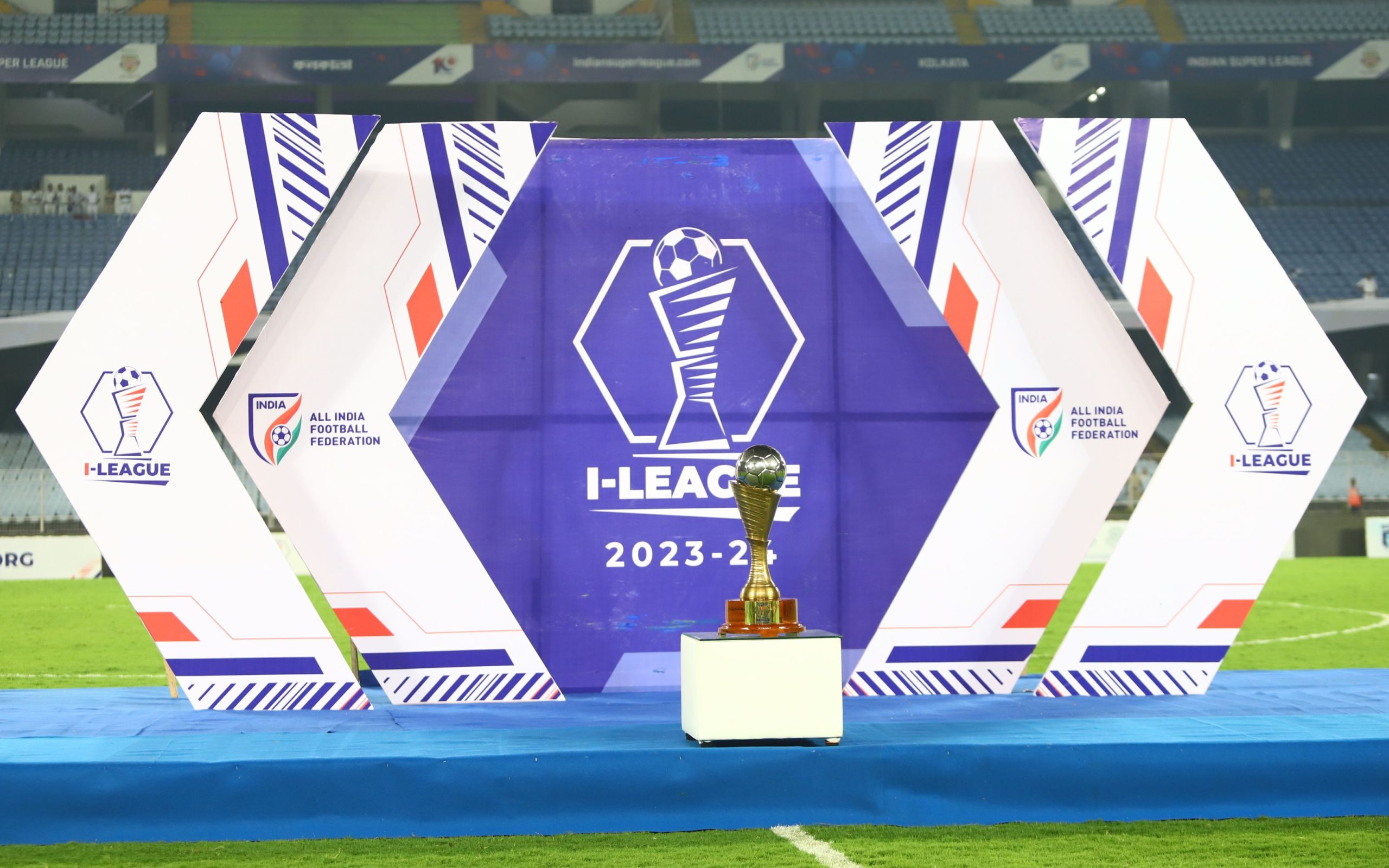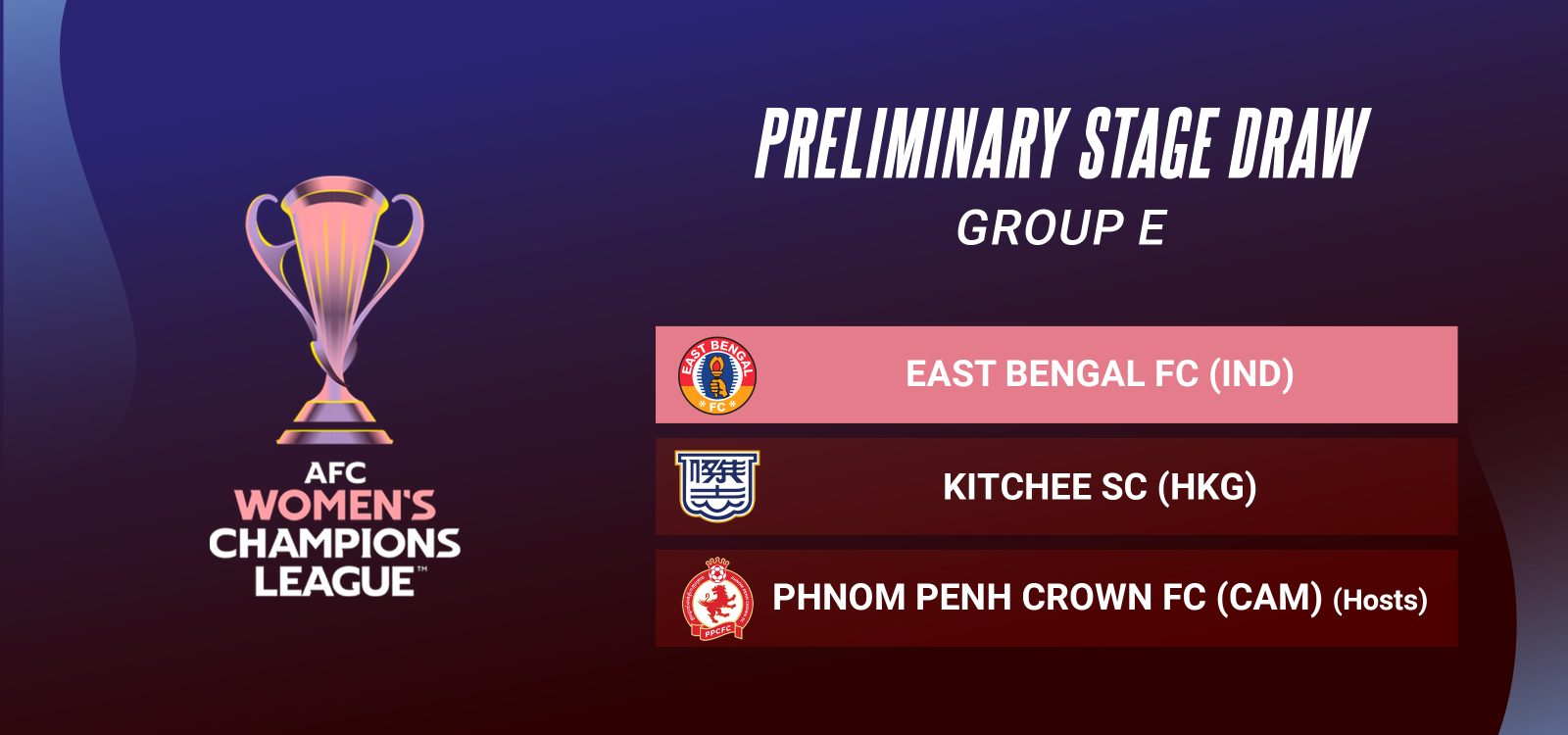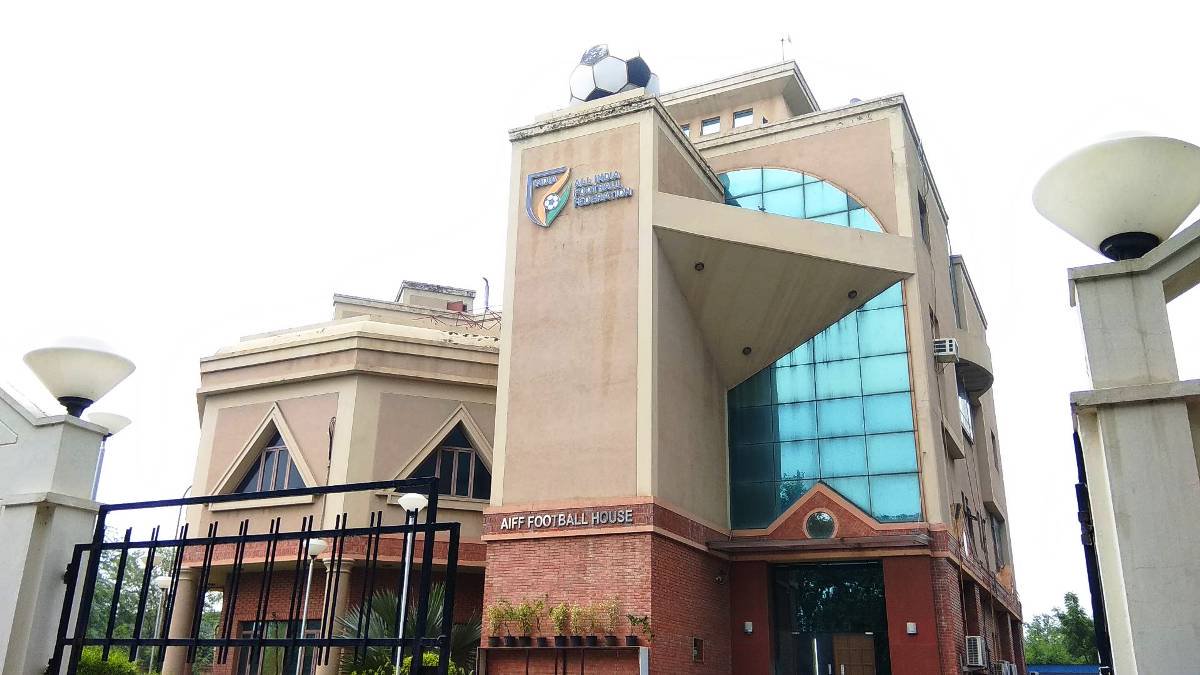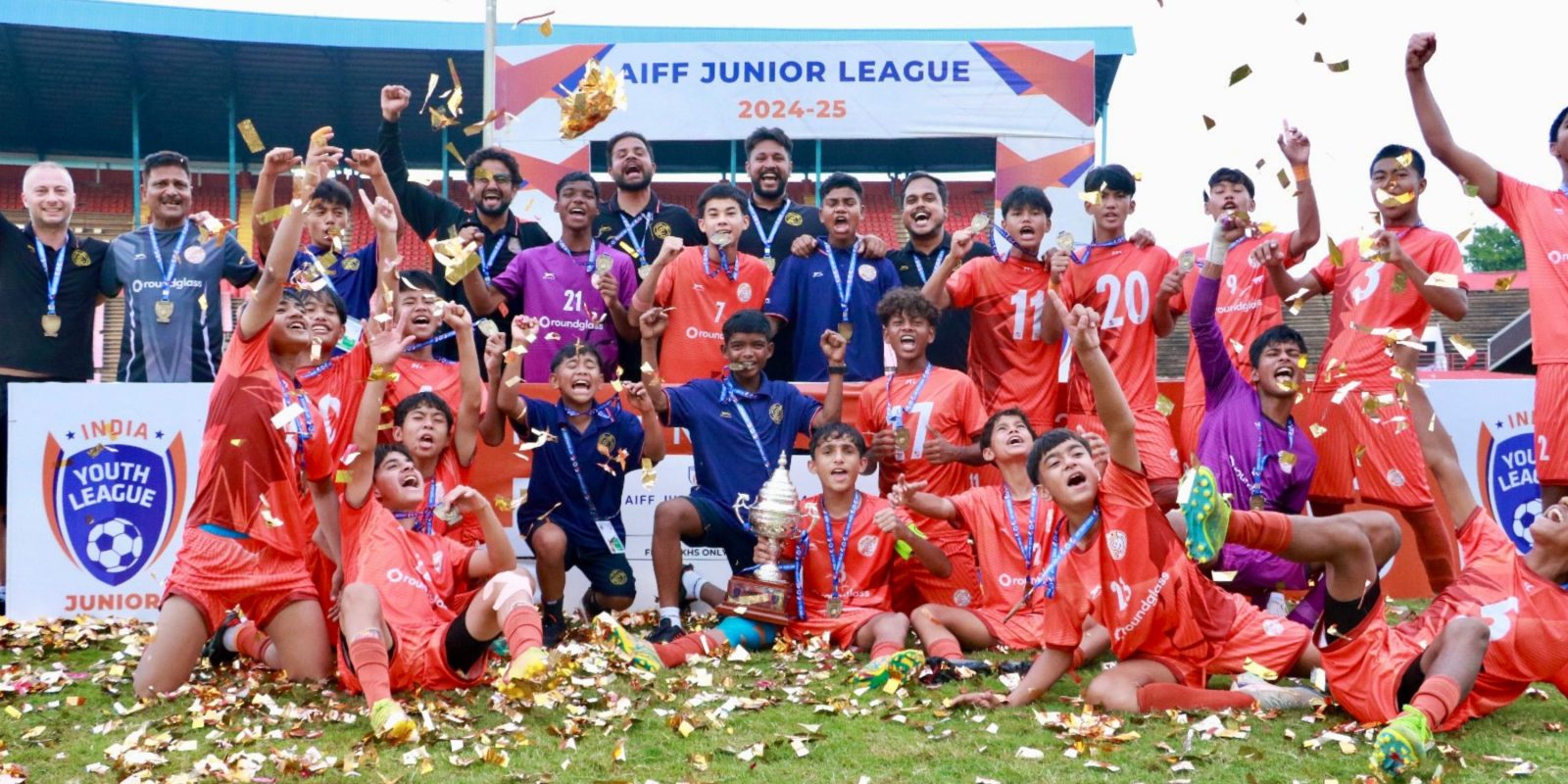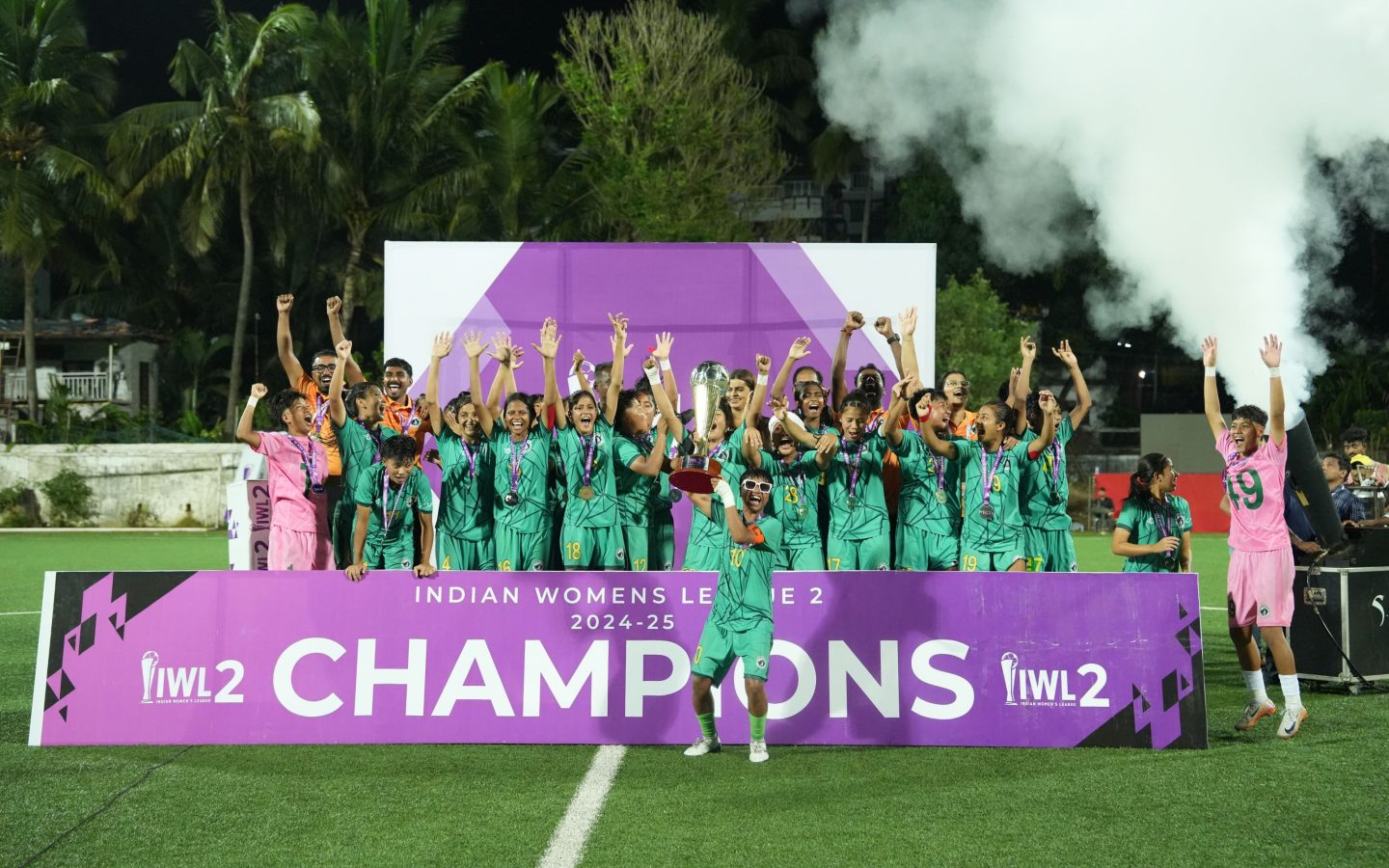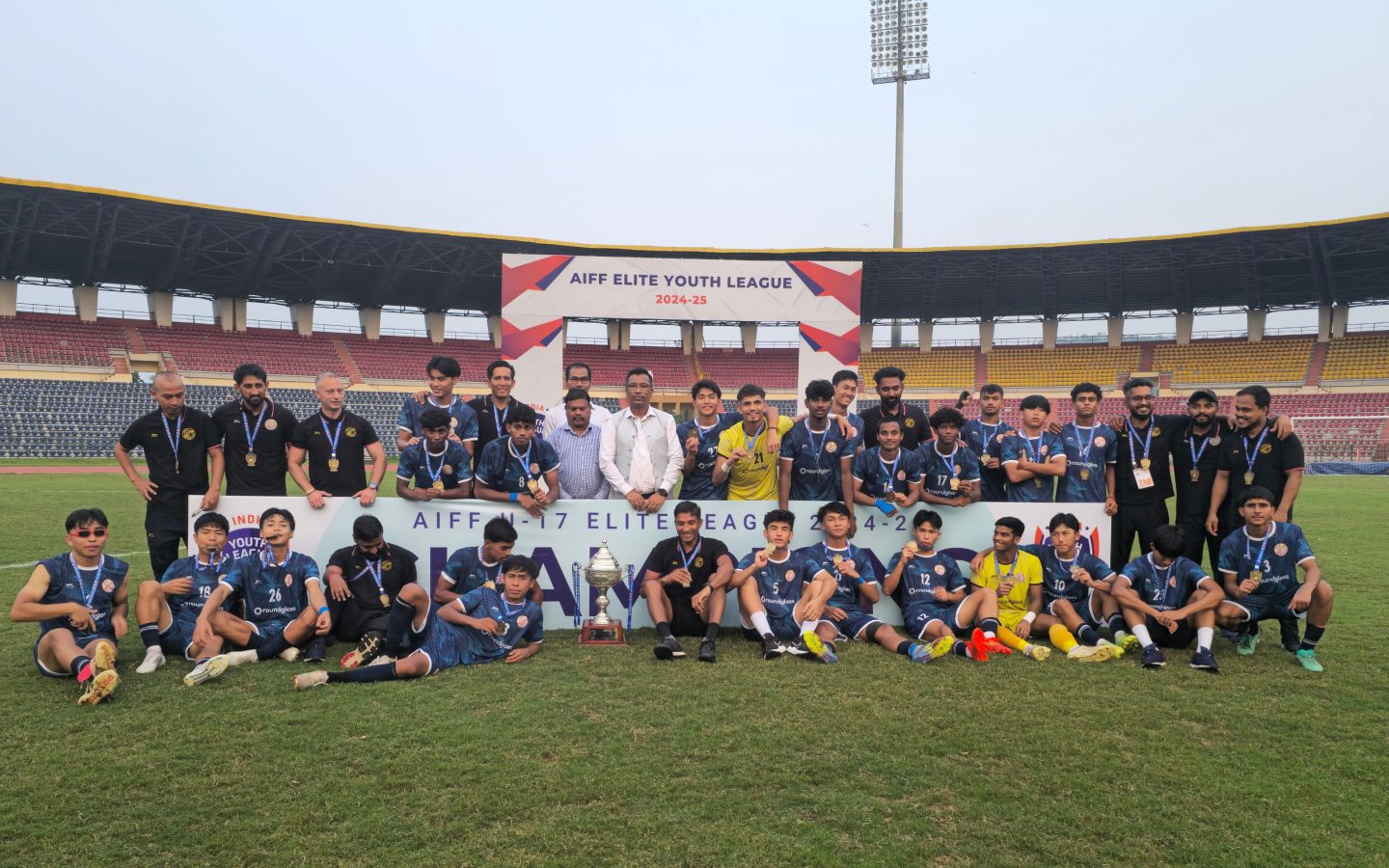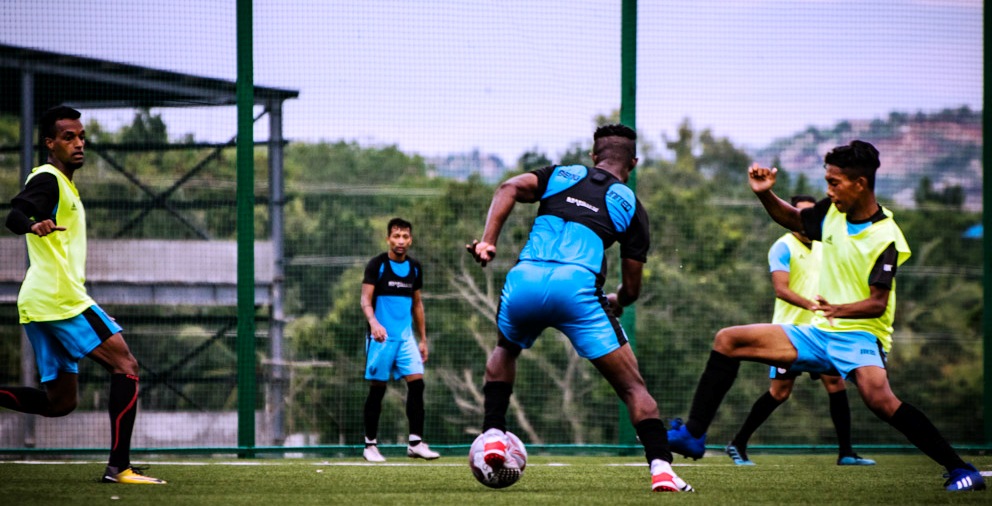
By Soumo Ghosh,
AIFF Media Team
KOLKATA: With a number of COVID-19 safety regulations in place for the teams set to participate in the upcoming Hero I-League Qualifier 2020, a training session is no more the same especially with regards to the recovery sessions.
While some teams are looking at different nutrition strategies in order to help with the recovery process, others are also trying out different exercise routines to aid with the same.
All the players and coaches are mandated to spend four days in isolation once they check into the COVID safety bubble. And now it has been three days since FC Bengaluru United resumed their training after the time spent in isolation.
Head coach Richard Hood has been charting different nutritional supplements to help the players recover from their training sessions.
“Ice-baths are a good way for the body to recover. But since that is not possible right now. So we are looking at other alternatives,” Hood said to i-league.org. “But due to the safety precautions we are using different nutrition strategies to help the players recover from their training sessions. A cold shower also does some good.”
ARA FC from Gujarat were the first outstation team to arrive in Kolkata team to have picked up nutritional supplements as a substitute for the recovery process.
“Our physio has charted our different stretches to help the players with their recovery process. But nutrition plays a very big part when you cannot have ice baths after a training session,” said ARA FC head coach Vivek Nagul.
“Food makes a lot of difference in the recovery process. Additionally, we are also looking at different nutritional supplements and energy drinks as well,” he continued.
The medical staff have been hard at work especially in the ARA camp, charting out more ways to overcome the challenges thrown at everyone by the COVID-19 pandemic – all in their effort to take Indian Football Forward Together.
“Our physio has also been working on different meditation techniques and breathing exercises. Proper respiration also helps circulate more oxygen to the bloodstream and that replenishes the body,” said Nagul.
“Meditation not only has a physiological effect but it also has a psychological effect on the players. They are essentially staying within the rooms all day, and being confined like that could mean the build-up of a level of frustration. Meditation and yoga help drive away those feelings and lets the players focus on the tournament ahead,” he continued.
Meanwhile Hood feels that the fact that the dressing rooms are sanitised, helps run the training sessions smoothly.
“We are careful not to go anywhere except for the ground and the hotel. But the sanitised dressing rooms certainly help. For us it’s more about opening it up in smaller groups to help maintain social distancing. It’s good to get used to these things beforehand,” said Hood.
‘BRING YOUR OWN BIBS’
While the coaches and their support staff have devised strategies to help the players train, the players have had to take their own precautions before hitting the training grounds.
“Sanitise, sanitise, sanitise. That is the key here, before and after training,” said Garhwal FC attacker Uttam Rai.
While sanitising is a strategy that is largely being used both inside and outside the world of football, Rai revealed that the players have been taking extra care ahead of the training sessions.
“Earlier we would just pack our kit and jerseys and head to training in a carefree manner. We would leave things like carrying water and bibs to the team managers. But that is not the case now,” he informed.
“We all pack three large bottles of water each, before we hit the ground. We are following the BYOB concept — it’s pertinent to bring your own bibs to training. Generally, we used to wear whatever bibs, as per the colour code. But now we make sure that each of us carries our own bibs – sets of three with three different colours.”
ARA boss Nagul feels that though such restrictions are in place it is the onus of the players and the officials to adhere to them in order to ensure that football can be played safely in India once again.
“This is the first sporting event in India after the Lockdown, so we must be careful. We need to appreciate all the effort put in by the organisers. At the end of the day it feels good to see that there are people out there who are putting their own lives at risk to ensure that football is not being defeated by a disease,” said Nagul. “We appreciate these efforts by the organisers and are ready to adjust our ways in order to play football again.”









